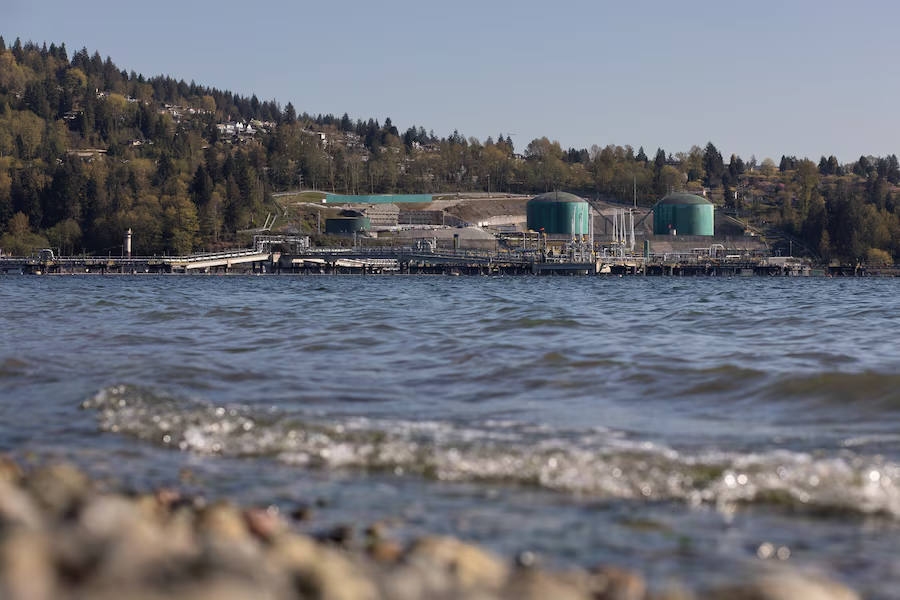After more than a decade of challenges, delays, and cost escalations, the $34-billion Trans Mountain pipeline expansion project is finally nearing completion. Let’s take a closer look at what happens next.
Project Overview
The Trans Mountain expansion project, located in Western Canada, aims to triple the amount of crude oil transported from Alberta to the West Coast. Here are some key points about the project:
History and Challenges: The project began over 12 years ago and has faced court challenges, regulatory hurdles, protests, and constant delays. It’s been a long and winding road to get to this point.
Cost Escalation: When the federal government stepped in to purchase the project six years ago, the estimated price tag was $7.4 billion. However, today, expenses have ballooned to $34 billion.
Pipeline Capacity: The expanded pipeline will transport oil from Alberta to the West Coast, increasing capacity from 300,000 barrels per day to 890,000 bpd. Canadian oil prices are expected to rise once the new project is operational.
What’s Next?
As the Trans Mountain pipeline nears completion, here are the next steps:
Final Installation: The final piece of pipe is expected to be installed in the coming weeks. Once this is complete, attention will shift to above-ground facilities, testing, inspections, and regulatory requirements.
In-Service Date: Trans Mountain Corporation aims for the pipeline to be in service during the first quarter of 2024. This means that oil will start flowing through the expanded pipeline, benefiting both the industry and the Canadian economy.
Post-Construction Review: Mark Maki, Trans Mountain’s chief financial officer, suggests conducting a post-construction cost review to learn lessons about developing large-scale projects in Canada. He emphasizes that building infrastructure is expensive but necessary.
Environmental Considerations: Once operational, the project will require ongoing cleanup and reclamation work in the construction zone. Additionally, the pipeline’s impact on the environment and safety will continue to be monitored.
Revenue and Climate Change: Prime Minister Justin Trudeau has promised to use Trans Mountain pipeline revenues to combat climate change by planting two billion trees over the next decade. This highlights the intersection of economic development and environmental responsibility.
In conclusion, the Trans Mountain pipeline’s completion marks a significant milestone, but its impact will extend beyond oil transportation. As Canada looks ahead, it must balance economic prosperity with environmental stewardship. The journey has been long, but the destination is finally in sight.




Comments
Post a Comment